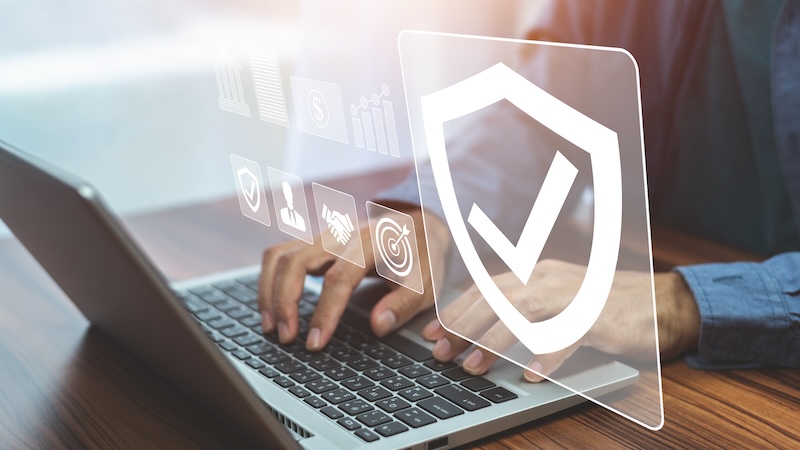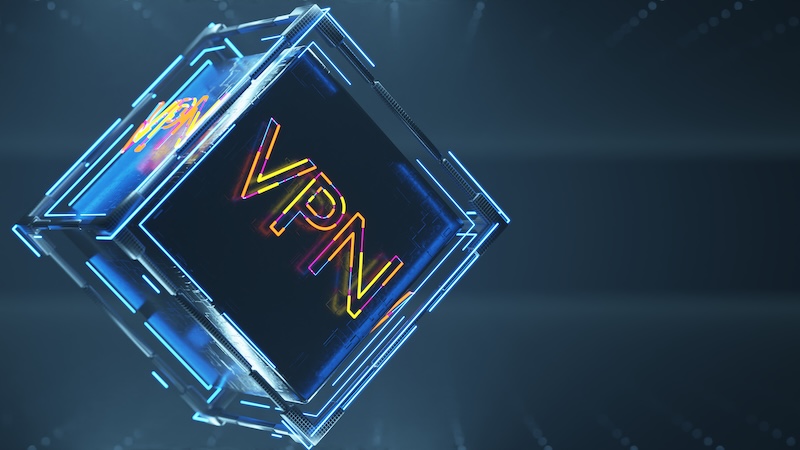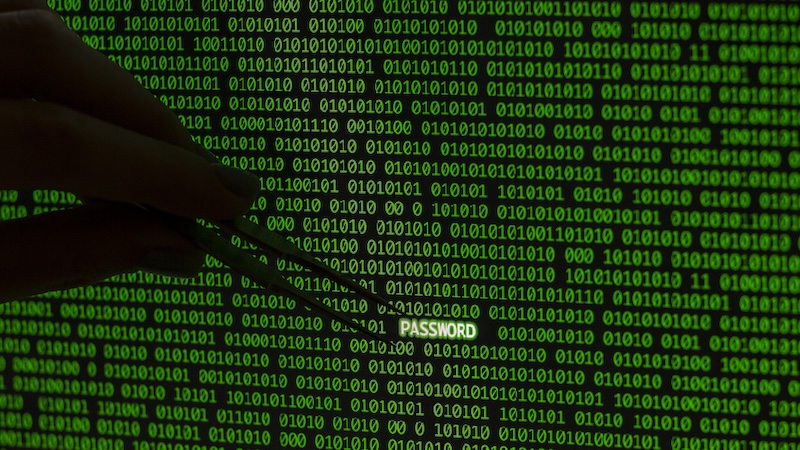If you’re running a rental business, you’re amassing a lot of data.
You’ve got information about your inventory, your delivery vehicles, your customers, your employees, and you’ve got payment data. When you’re sitting on a potential treasure trove for would-be cybercriminals, you need to make sure your environment is secure.

We asked our Point of Rental’s cybersecurity expert, Daniel Ruiz, to answer some of the most common questions rental people have about cybersecurity. Here are his answers:
What are the potential security risks associated with conducting rental transactions online, and how can they be mitigated?
Overall, you want to be able to provide online rentals because customers are choosing to conduct business online more and more each year.
But conducting rental transactions online does come with risks, including data breaches, payment fraud, and unauthorized access. You can mitigate all these risks by ensuring your rental software provider provides robust data encryption, secure payment gateways, and multi-factor authentication.
When I say robust data encryption, we’re generally talking about SSL/TLS encryption, which secures data transmission between your customer’s browser and your website or payment platform. You’re looking for at least AES 128-bit encryption, although AES 256-bit is the ideal. Here’s a blog that explains what AES encryption does, but basically…it’d take generations to be able to break that encryption simply by guessing it, even with the most powerful computers in the world (until quantum computing becomes available for such nefarious purposes, at least, but that’s a ways off).
Secure payment gateways use SSL/TLS, but add tokenization to the mix, protecting payment information by replacing it with tokens. If stolen, tokens are useless – they can’t carry out transactions or be reverse-engineered to find original payment data.
Finally, multi-factor authentication ensures that a person is who they say they are. If someone does manage to steal your employee’s username and password online – through a data breach, for example – they’re still unable to access your software without physical access to a second authentication account or device.
How can I ensure that customer payment information is securely processed and stored to prevent unauthorized access or data breaches?
Ensure that your rental software provider meets industry standards like PCI DSS, which was built to better control cardholder data and reduce credit card fraud.
Tools like tokenization provide more secure payment processing as well, as “tokens” are stored within your software rather than the actual card and payment data. You’re still able to add follow-on charges, but anyone who hacks into your data is only able to get worthless tokens.
And, of course, it’s crucial to update your software’s security patches to prevent vulnerabilities. Think of your software’s security like a puzzle – given enough time, someone’s going to be able to put things together and get through it. But if you’re updating your software’s security, you’re changing the puzzle while they’re working on the previous one, making it that much harder to get into your system.
Are there specific compliance requirements or industry standards that my rental business needs to adhere to regarding data security and ecommerce transactions?
Absolutely! Besides PCI DSS standards, you should implement SSL certificates to ensure secure data transmission when visitors are on your website. You should also comply with privacy regulations like GDPR and CCPA to avoid potential liability (and, frankly, to protect your customers’ information) if personally identifiable information is on your servers.
What measures can be implemented to protect sensitive customer data, such as personal information and rental history, from cyber threats?
There are a couple of key places where sensitive customer information may be in danger:
One, protect customer data from employee mistakes or malicious actions by implementing access controls to limit employee access to customer data. Your rental software should give you the flexibility to limit access to areas of the software by job role or individual.
Implement access controls to limit employee access to customer data, conduct regular security audits, and utilize encryption techniques to safeguard sensitive information both in transit and at rest.
Are there encryption methods or secure communication protocols that should be implemented to enhance the security of online transactions and data transmission?
Yes! Implement HTTPS protocol on your website to encrypt data in transit, which will use SSL/TLS encryption for secure communication between your website and customers’ browsers. For your team, if you’re not using a browser-based software, consider using VPNs for secure remote access to your rental management system. Be sure to require multi-factor authentication (MFA) when users connect to the VPN, too.
How do I safeguard my rental management system against malware, phishing attacks, or other forms of cyberattacks?
Train your employees regularly on cybersecurity best practices (At Point of Rental, we use KnowBe4), install robust antivirus software, and implement email filtering systems to detect and prevent phishing attempts.
And again, regularly update your software and firmware to patch known vulnerabilities.
In addition, ensure data and system backups are backed up offsite. This way, if a ransomware event occurs your backups aren’t encrypted, too.
Are there third-party security solutions or services available that can help bolster the security of my rental business’s online platform and data infrastructure?
Yes, consider investing in cybersecurity services such as intrusion detection systems, penetration testing, endpoint detection & response (EDR), and security monitoring tools. Partner with reputable cybersecurity firms to conduct regular assessments and strengthen your defenses.
In the event of a security breach or data leak, what protocols should be in place to notify affected customers and address the issue promptly?
Have a data breach response plan in place outlining procedures for incident response, notification of affected parties, and collaboration with law enforcement if necessary. Transparency and timely communication with customers are crucial in rebuilding trust.
What steps should I take to regularly assess and update the security measures in place to adapt to evolving cyber threats and industry standards?
Besides the things mentioned above, like regular security audits and assessments, training, updating your software, etc., I’d recommend staying informed about emerging trends in cyber threats and industry best practices. There are a couple of cybersecurity newsletters I’d recommend to rental leaders:
By keeping yourself, your team, and your software up-to-date, you can provide secure, safe rental transactions routinely. You’ll be protecting sensitive customer information, building trust with your customers, and ensuring the long-term success of your operation. Make sure you’re choosing software providers that prioritize data security and implement industry best practices.
Stay vigilant out there.






